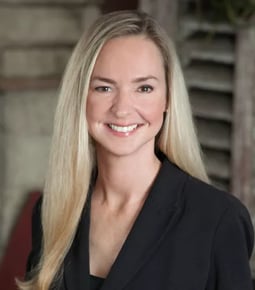In April 2020, the U.S. Department of Labor (DOL) released Disaster Relief Notice 2020-01, which provided an extension from certain deadlines for employee benefit plans, retro-active back to March 1, 2020. Under the extension, the applicable timelines were essentially paused until the earlier of the end of the “Outbreak Period” (60 days after the end of the national emergency) or one year (February 28, 2021).
This meant that normal deadlines for COBRA elections, COBRA premium payments, HIPAA special enrollments, claims and appeals procedures and COBRA election notices were paused for the duration of the national emergency period, plus 60 days after the end of the national emergency period (total time is called the "Outbreak Period").
On February 26, 2021, the DOL issued Disaster Relief Notice 2021-01 clarifying the timeline extensions permitted in last year’s notice.
Individuals and plans with time frames that are subject to the relief will have the applicable periods under the Notices disregarded until the earlier of:
(a) One year from the date in which they were first eligible for relief, or
(b) 60 days after the announced end of the National Emergency (the end of the Outbreak Period).
On the applicable date, the time frames for individuals and plans with periods that were previously disregarded under the Notices will resume. In no case will a disregarded period exceed one year.
Here are some examples to better understand the suspended time frames:
- Normally, a qualified beneficiary whose COBRA election period began January 2, 2020 would have until March 1, 2020 to elect COBRA. However, because the suspended period can only last one year, the individual had until February 28, 2021 to elect COBRA.
- A qualified beneficiary’s COBRA election period began on February 15, 2020 but would have their COBRA election period suspended starting March 1, 2020. The “paused” period would last through February 28, 2021, and then the rest of their 60-day COBRA election period would restart (about 45 days).
- A qualified beneficiary’s COBRA election period began on June 1, 2020 and would have normally been required to make an election no later than July 30, 2020. However, because of the suspended period, this individual now has until the end of the Outbreak Period or July 29, 2021, whichever is earlier, to elect COBRA.
- An employee has a baby on November 20, 2020. The plan normally allows 30 days from the date of birth for the employee to request a HIPAA special enrollment. The “paused” period would last until the earlier of the end of the Outbreak Period or November 19, 2021, and then the 30-day special enrollment election period would start.
Employers must continue to adhere to the extended timelines and ensure vendors/third-party administrators are also adhering to the correct time frames in accordance with the recent DOL guidance.
Lastly, it is clear that the DOL expects employers to notify plan participants or beneficiaries that their relief period has ended or will end in order to avoid the possibility of individuals losing benefits. Therefore, employers/vendors should strongly consider sending revised notices regarding any updated deadlines.
Click here for a sample notification that an employer may consider distributing to all plan participants and COBRA qualified beneficiaries.

COMMENTS